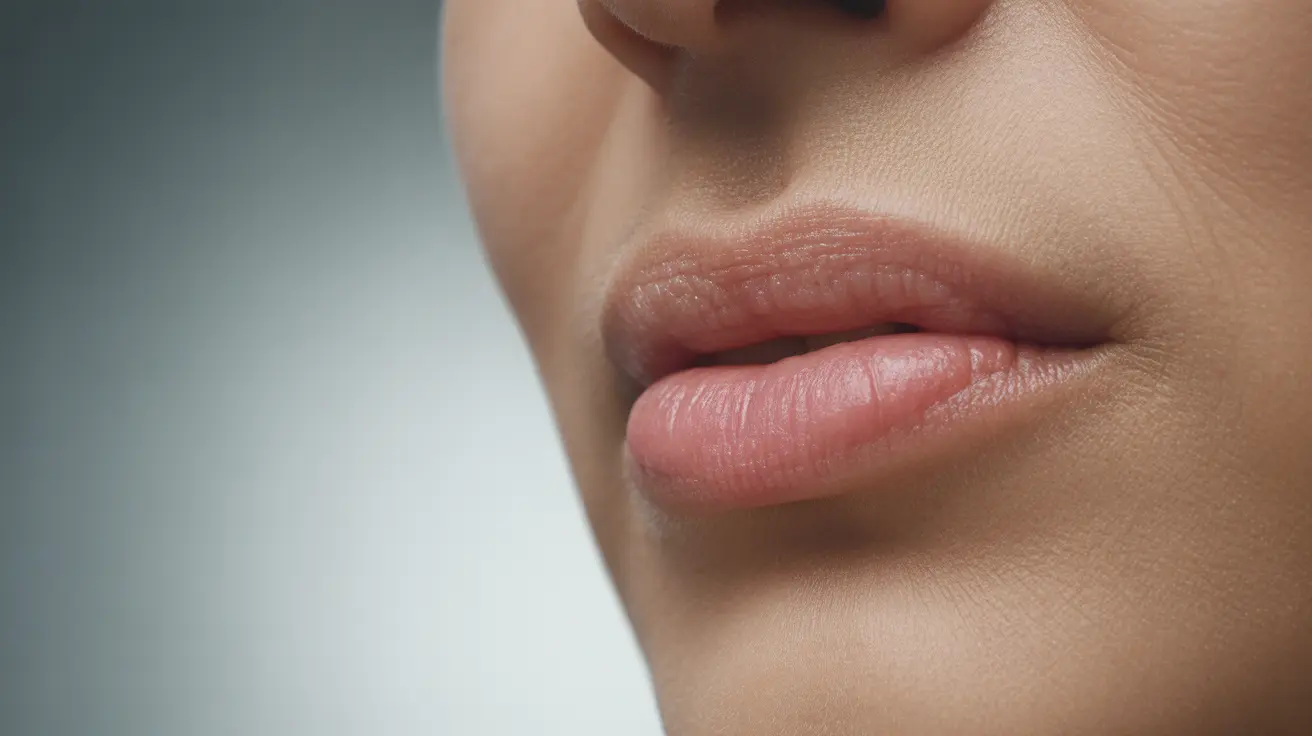Lip biting is a common behavior that can range from an occasional habit to a chronic condition affecting oral health and overall well-being. Whether triggered by stress, anxiety, or unconscious habits, persistent lip biting can lead to various complications and discomfort that shouldn't be ignored.
Understanding the underlying causes and available treatments for lip biting is crucial for breaking this potentially harmful habit and maintaining healthy oral tissues. Let's explore the comprehensive aspects of lip biting, from its root causes to effective management strategies.
Understanding the Causes of Chronic Lip Biting
Lip biting often stems from multiple factors, including psychological and physiological triggers. Common causes include:
- Stress and anxiety
- Nervous habits or tics
- Misaligned teeth
- Body-focused repetitive behaviors (BFRBs)
- Unconscious habits during concentration
- Emotional regulation difficulties
Impact on Oral Health
Regular lip biting can cause significant damage to both the lips and surrounding oral tissues. The consequences may include:
- Tissue damage and scarring
- Chronic inflammation
- Development of painful sores
- Infection risk
- Changes in lip appearance
- Formation of calluses or fibromas
Long-term Complications
Without proper intervention, chronic lip biting can lead to more serious issues:
- Permanent tissue damage
- Dental problems
- Increased risk of oral infections
- Psychological distress
- Impact on self-esteem
Treatment Approaches and Solutions
Professional Interventions
Several professional treatment options are available for managing chronic lip biting:
- Cognitive Behavioral Therapy (CBT)
- Habit reversal training
- Dental interventions for misalignment
- Stress management counseling
- Medication (in severe cases)
Self-Help Strategies
Individuals can implement various self-help techniques to reduce lip biting:
- Mindfulness practices
- Stress-relief exercises
- Using lip balm or bitter-tasting products
- Regular oral care routine
- Identifying and addressing triggers
- Alternative stress-relief methods
Prevention and Management
Preventing lip biting requires a multi-faceted approach focusing on awareness and proactive strategies:
- Regular monitoring of lip-biting urges
- Stress management techniques
- Maintaining proper oral hygiene
- Using protective devices when necessary
- Regular dental check-ups
- Building healthy coping mechanisms
When to Seek Professional Help
It's important to consult healthcare providers when:
- Lip injuries become severe or frequent
- Emotional distress is significant
- Self-help methods prove ineffective
- Signs of infection appear
- The habit interferes with daily life
Frequently Asked Questions
What are the common causes of frequent or chronic lip biting?
Chronic lip biting typically results from stress, anxiety, nervous habits, misaligned teeth, or body-focused repetitive behaviors. Some individuals may develop this habit as a coping mechanism for emotional regulation or during periods of intense concentration.
How can repetitive lip biting affect the lips and overall oral health?
Repetitive lip biting can cause tissue damage, scarring, chronic inflammation, painful sores, and increased risk of infection. Long-term effects may include permanent tissue changes, dental complications, and the formation of calluses or fibromas.
What treatments and therapies are effective for stopping compulsive lip biting?
Effective treatments include Cognitive Behavioral Therapy, habit reversal training, dental interventions for misalignment, and stress management counseling. Self-help strategies like mindfulness practices and using protective products can also be beneficial.
When should I see a doctor or dentist about persistent lip biting and related injuries?
Seek professional help when lip injuries become severe or frequent, when self-help methods aren't working, if you notice signs of infection, or when the habit significantly impacts your daily life or emotional well-being.
How can stress and anxiety contribute to lip biting and what are some coping strategies?
Stress and anxiety often trigger or worsen lip biting as a self-soothing behavior. Effective coping strategies include stress management techniques, mindfulness practices, regular exercise, and professional counseling when needed.




